
If you find yourself tossing and turning at night, the answer might be in your kitchen. Some foods are naturally packed with nutrients that help your body rest and prepare for a good night’s sleep. From calming teas to magnesium-rich snacks, these bedtime bites can help quiet your mind, soothe your system, and make falling asleep a little easier. Here are 15 foods that can actually help you sleep better.
Almonds
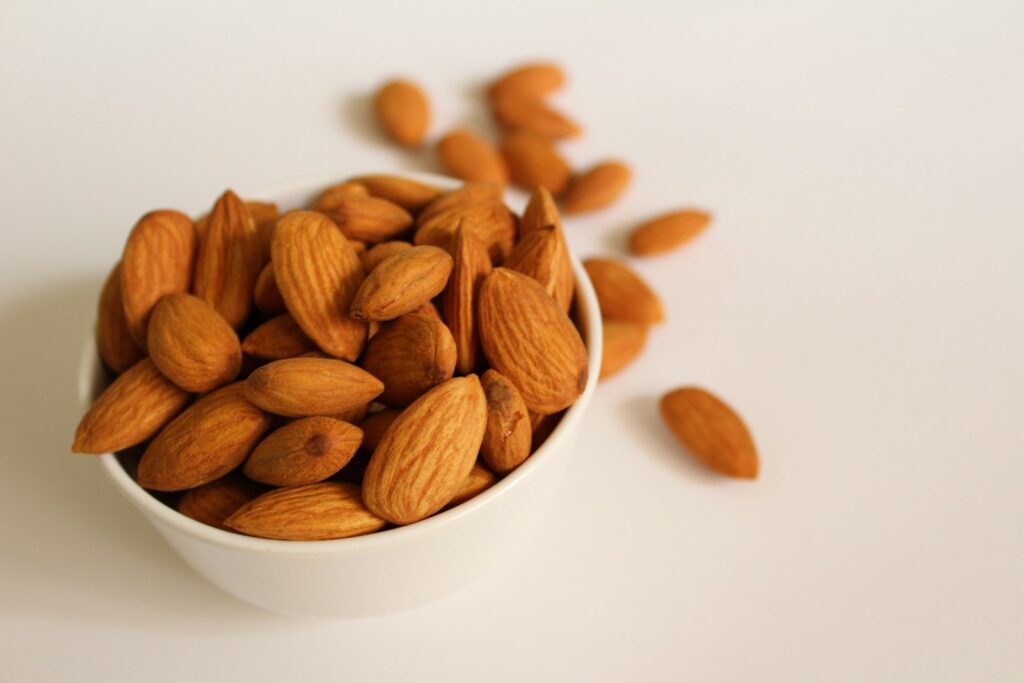
Almonds are more than just a healthy snack—they’re a natural sleep aid thanks to their high magnesium content, which helps relax your muscles and reduce stress. They also contain melatonin, which helps your body know it’s time to sleep. A small handful before bed won’t leave you feeling overly full, and the crunch can be oddly satisfying when you’re craving something simple and calming late at night.
Cherries
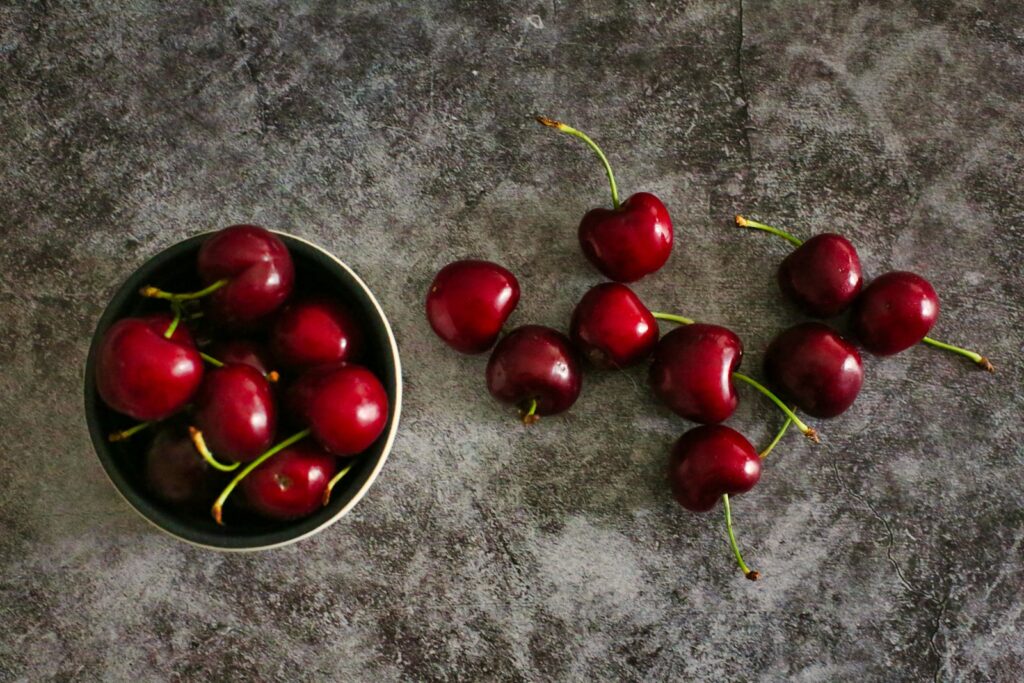
Tart cherries are one of the few fruits that naturally contain melatonin, the hormone that tells your brain it’s time to sleep. Drinking tart cherry juice or eating a bowl of fresh cherries before bed can help you feel drowsier more naturally. They’re also packed with antioxidants, which your body uses during sleep to heal and recover, so it’s a win-win when it comes to both sleep and health.
Bananas
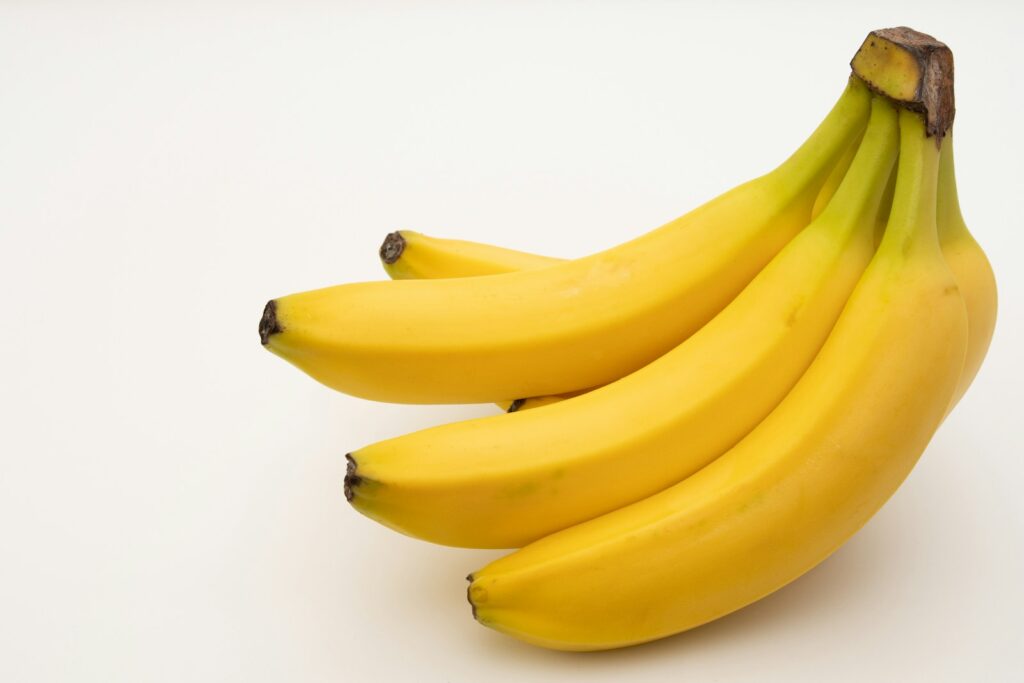
Bananas are full of magnesium and potassium, two minerals that help your muscles relax and reduce nighttime cramps or twitching. They also contain tryptophan, which your brain uses to make serotonin and melatonin—two important sleep chemicals. Eating a banana about one hour before bed is an easy, mess-free way to calm your system and help you fall asleep without needing anything fancy or hard to prepare.
Oatmeal
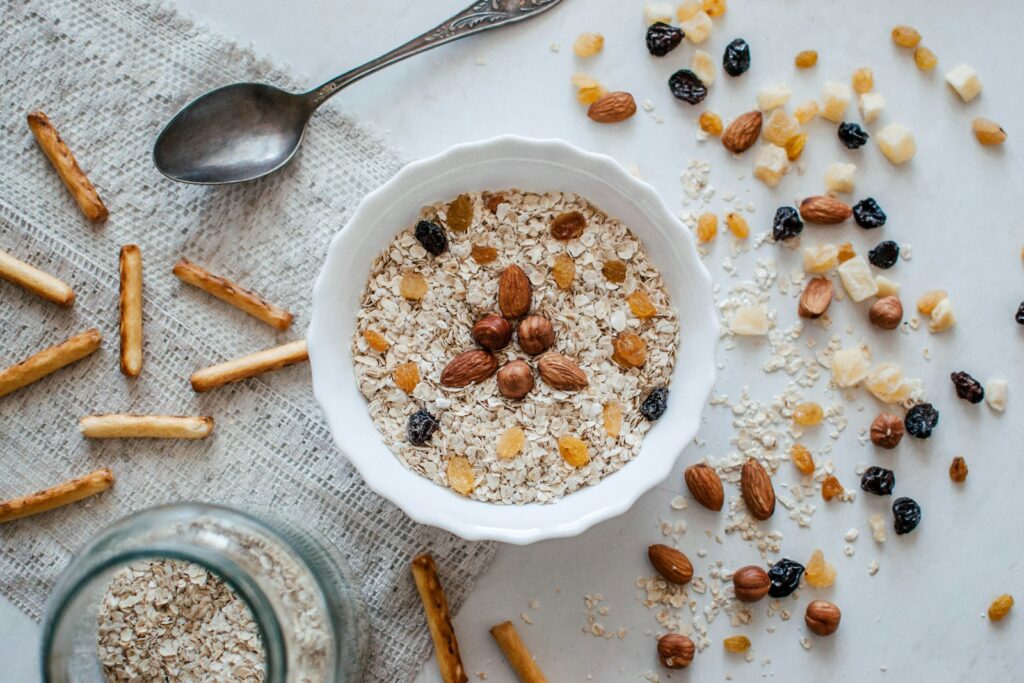
While most people think of oatmeal as a breakfast food, it can actually be great at bedtime too. It’s a warm, comforting bowl of complex carbs that helps your brain absorb more tryptophan, which in turn helps with melatonin production. Just avoid loading it with sugar—try adding a few banana slices or a bit of cinnamon instead to keep it both cozy and good for your sleep.
Kiwi
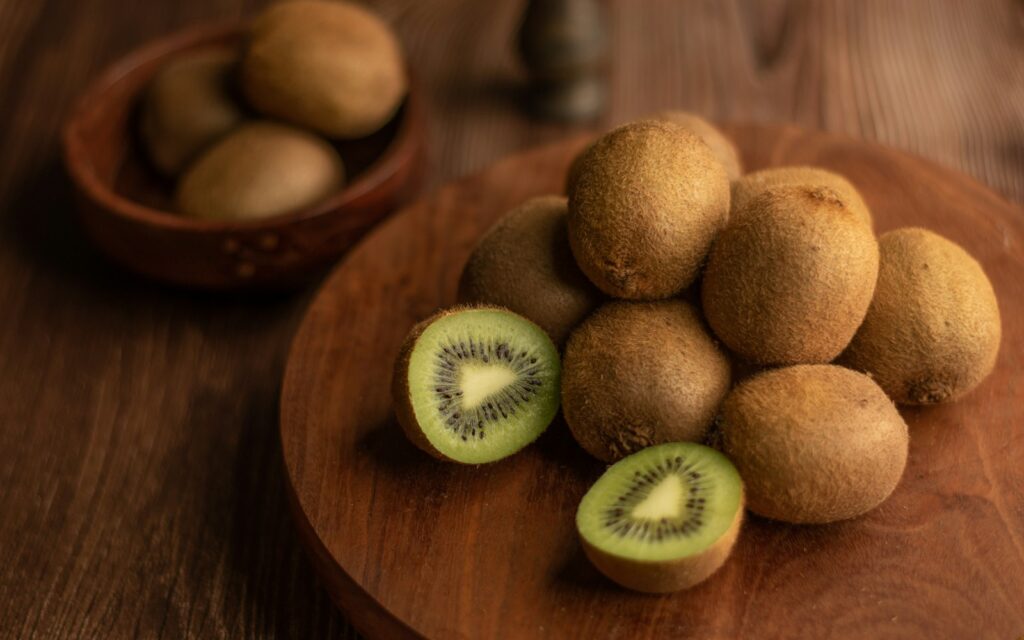
Kiwi might not be the first thing you think of when it comes to sleep, but it’s surprisingly powerful. It’s full of antioxidants, serotonin, and vitamins like C and E, which help your body relax and recover. Some studies have even shown that eating kiwi before bed helps people fall asleep quickly and stay asleep way longer. Plus, it’s sweet and refreshing without being heavy or too filling.
Turkey
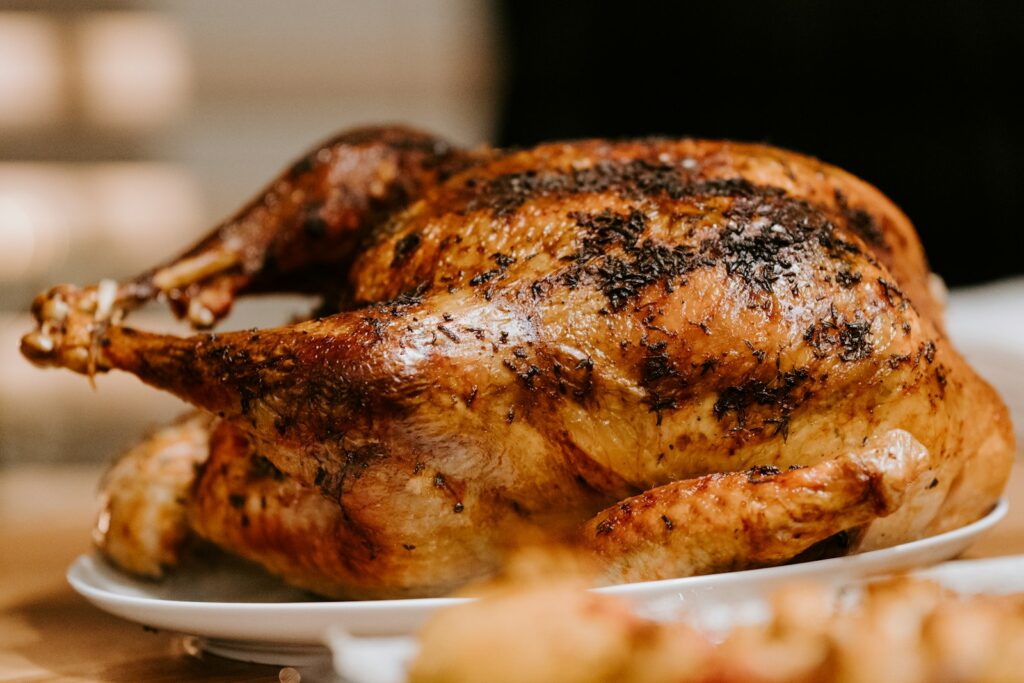
Everyone jokes about feeling sleepy after Thanksgiving dinner, but there’s truth to it—turkey is loaded with tryptophan, a natural amino acid that helps your body produce melatonin. It’s also a lean protein, which can help you stay full without feeling too stuffed. A small portion at dinner can support your sleep later on without making you feel like you need a nap the moment you eat it.
Chamomile Tea

Chamomile tea is among the most popular natural remedies for sleep, and for good reason. It contains a special antioxidant called apigenin, which binds to receptors in your brain to lower anxiety and promote drowsiness. Drinking a warm cup before bed is like a mental signal to your body that it’s time to slow down. It’s caffeine-free, soothing, and the perfect wind-down ritual at the end of the day.
Walnuts
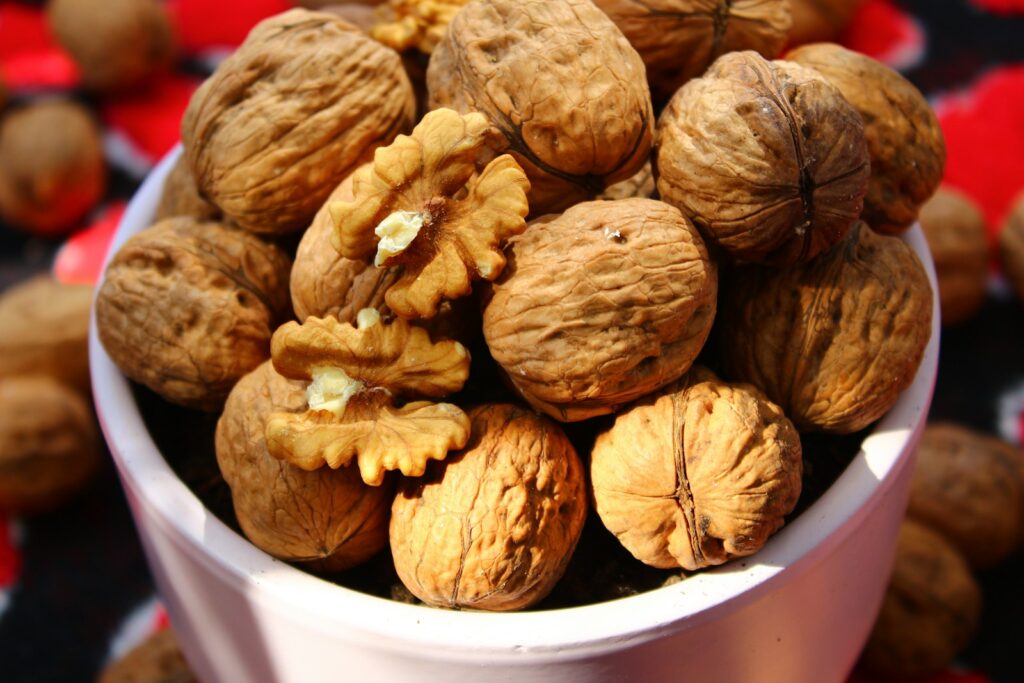
Walnuts are a good source of melatonin and contain healthy fats and magnesium, which support your body’s sleep cycle and help calm the nervous system. A few walnuts as a snack before bed can keep your blood sugar stable and stop those late-night hunger pangs from waking you up. They’re also satisfying to crunch on, making them a smart and simple choice when you want something small and effective.
Warm Milk
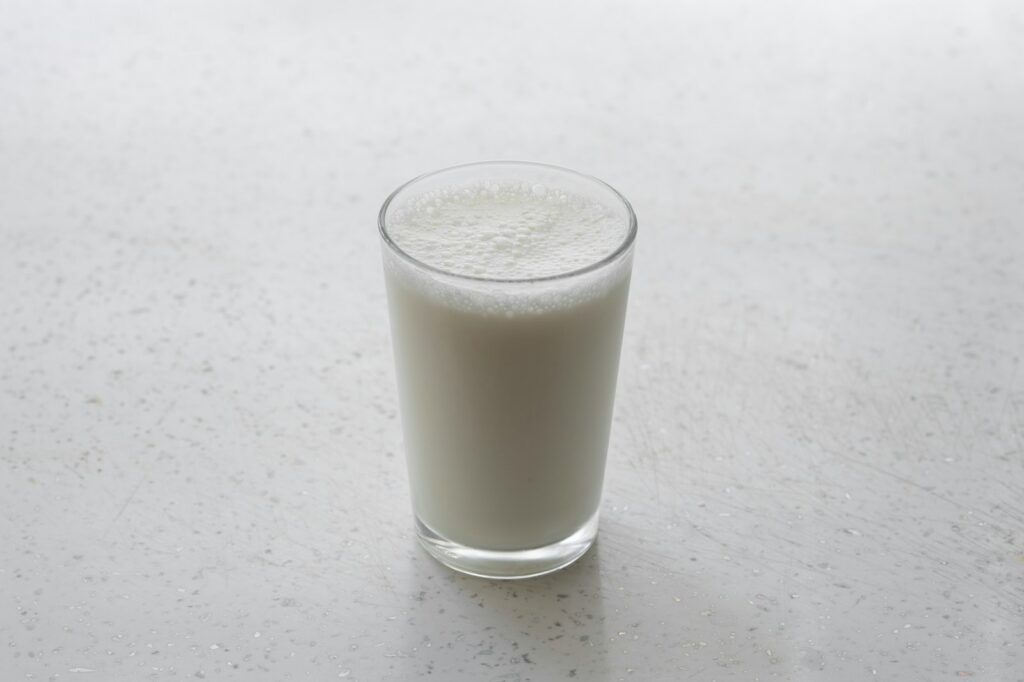
Warm milk isn’t just an old-school bedtime trick—it’s backed by science. It contains tryptophan and calcium, both of which help your brain produce sleep hormones like melatonin. The warmth also adds a comforting, calming effect that signals your brain to start shutting down for the night. Whether you drink it plain or with a dash of cinnamon, it’s a classic way to ease into sleep without much effort.
Cottage Cheese

Cottage cheese is a slow-digesting protein that helps keep you full throughout the night, and it also contains tryptophan and calcium, both key for melatonin production. If you often wake up hungry, a small serving of cottage cheese before bed might help. Try it with a spoonful of natural jam, honey, or sliced fruit like banana to make it more flavorful while still supporting restful sleep.
Lettuce
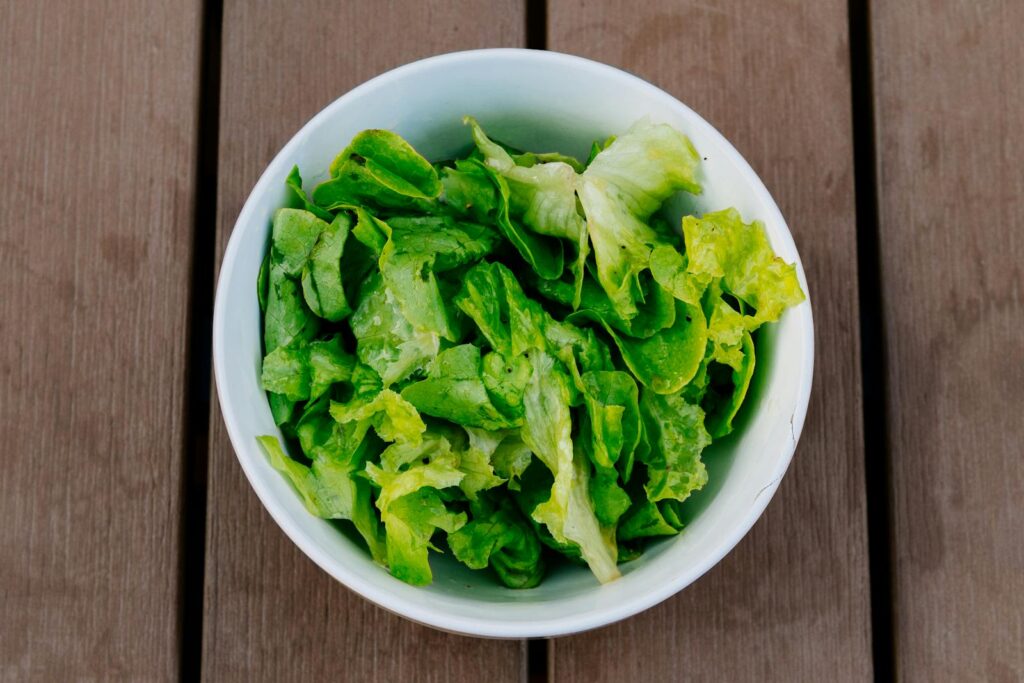
Lettuce—especially romaine—contains lactucarium, a natural substance that works a bit like a mild sedative. Some people even make lettuce tea for its calming effects. Eating a light salad with dinner or snacking on a lettuce wrap later in the evening can gently help your body relax. It won’t knock you out, but it can help set the stage for sleepiness.
Pumpkin Seeds
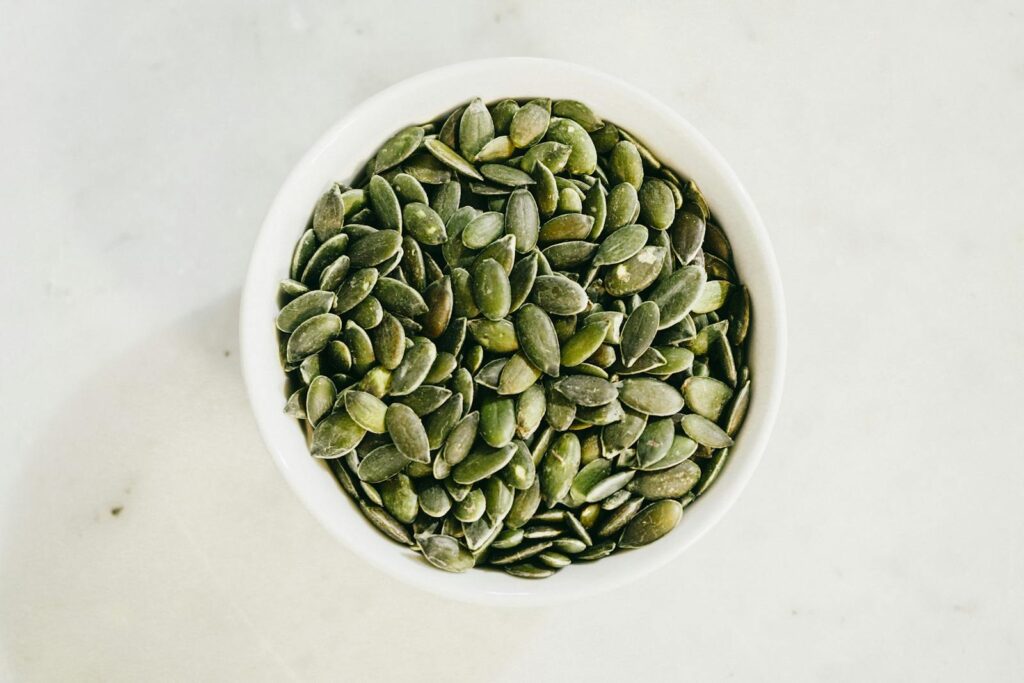
Pumpkin seeds are high in zinc, magnesium, and tryptophan—three key nutrients that help promote better sleep. The magnesium helps relax your body, while zinc helps your brain convert tryptophan into melatonin. Roasting your own seeds with a little sea salt or cinnamon makes for a relaxing, sleep-supporting snack. Just a small handful before bed can help calm your system and reduce the chances of restless tossing and turning.
Tofu
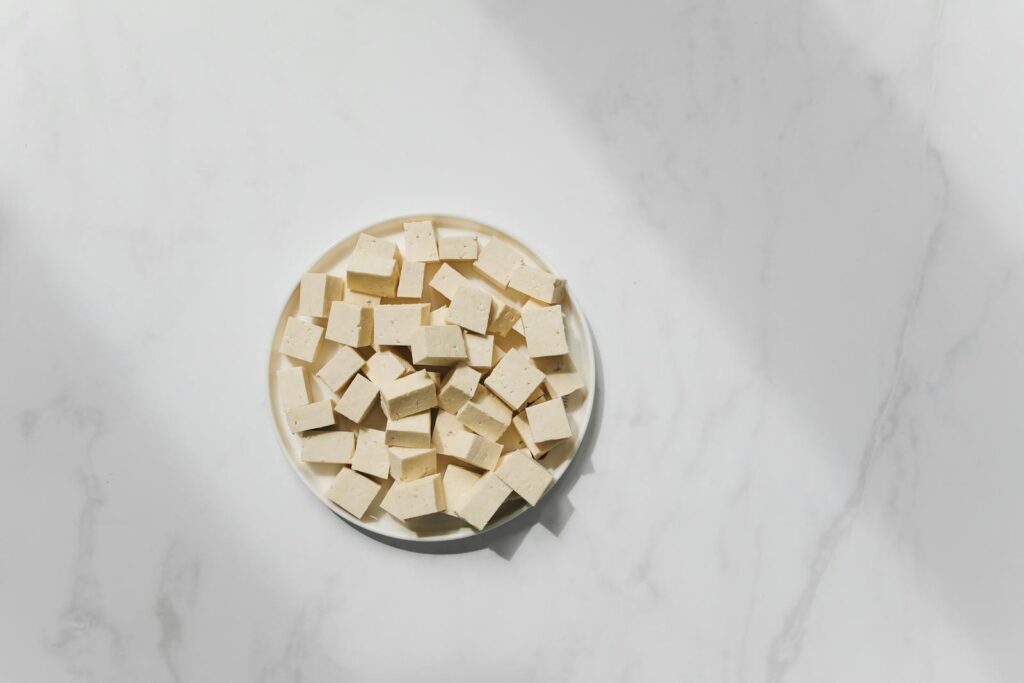
Tofu is packed with tryptophan, calcium, and plant-based protein, making it a strong option for sleep support—especially if you’re vegetarian or vegan. Your body uses these nutrients to help produce serotonin and melatonin, two chemicals that are key to falling and staying asleep. You can enjoy tofu in a warm stir-fry, broth-based soup, or even a light dinner bowl, all of which can set the tone for a better night’s rest.
Sweet Potatoes
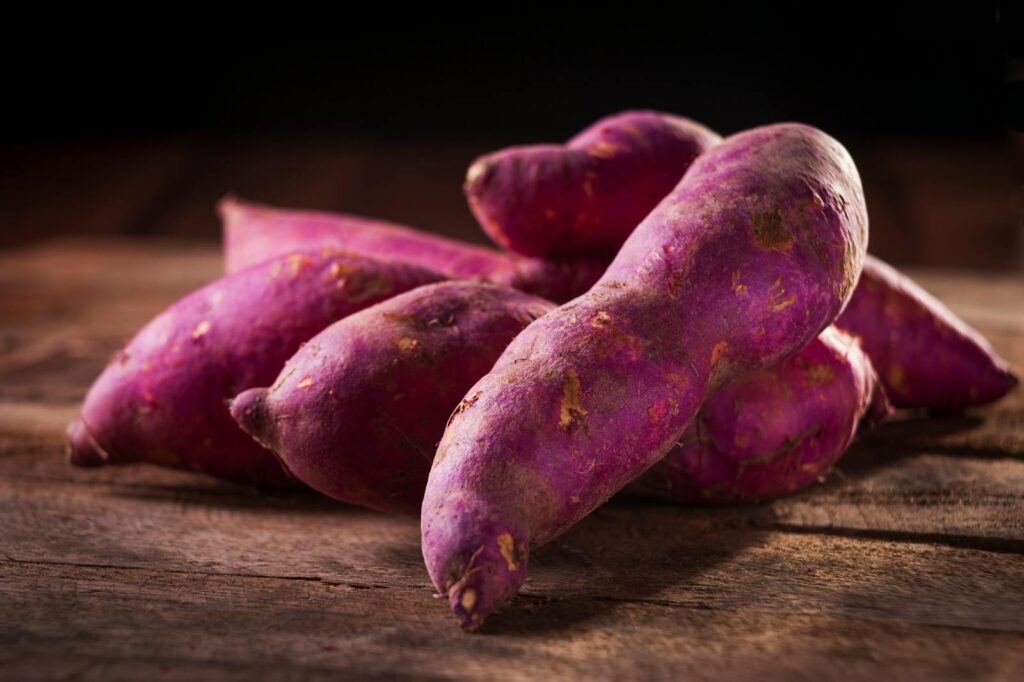
Sweet potatoes are full of complex carbohydrates and potassium, both of which help your muscles relax and support your body’s sleep rhythms. They also help your brain use tryptophan more effectively. Roasting a few wedges or mashing them with cinnamon can make for a satisfying dinner side that won’t leave you feeling heavy. Instead, it helps you settle in for the night and keeps you full without being overwhelming.
Hummus
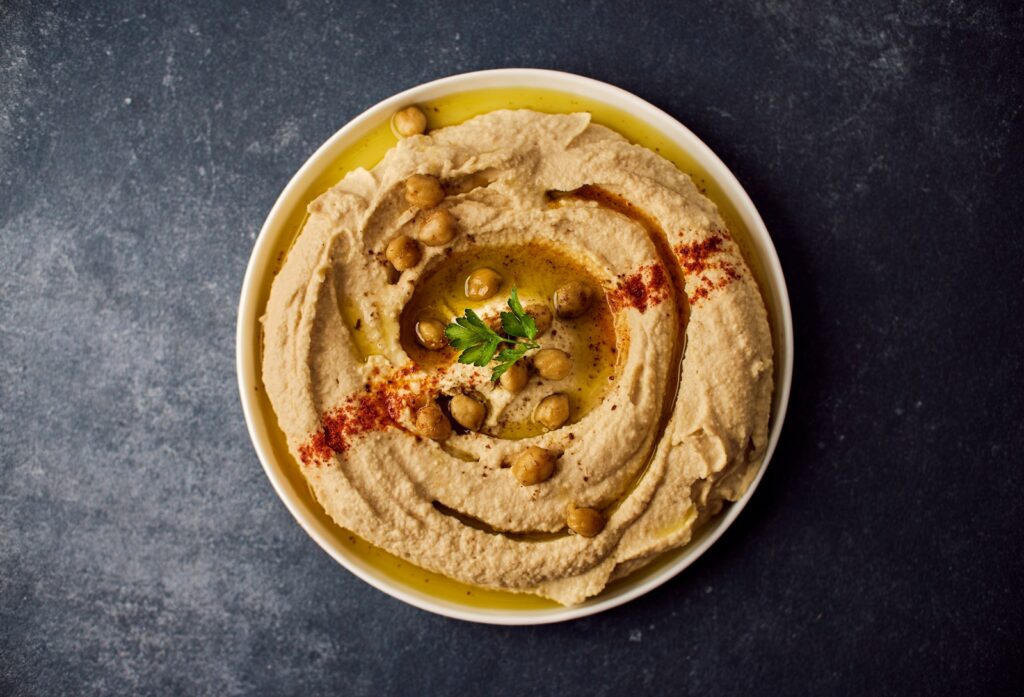
Hummus, made from chickpeas, is a natural source of tryptophan and offers a healthy dose of protein and fiber. Eating a small portion with whole-grain crackers or veggie sticks helps keep your blood sugar stable, which prevents nighttime wake-ups caused by hunger or dips in energy. It’s tasty, easy to prep, and can make for a great light snack in the evening that helps guide you gently toward rest.
Leave a comment